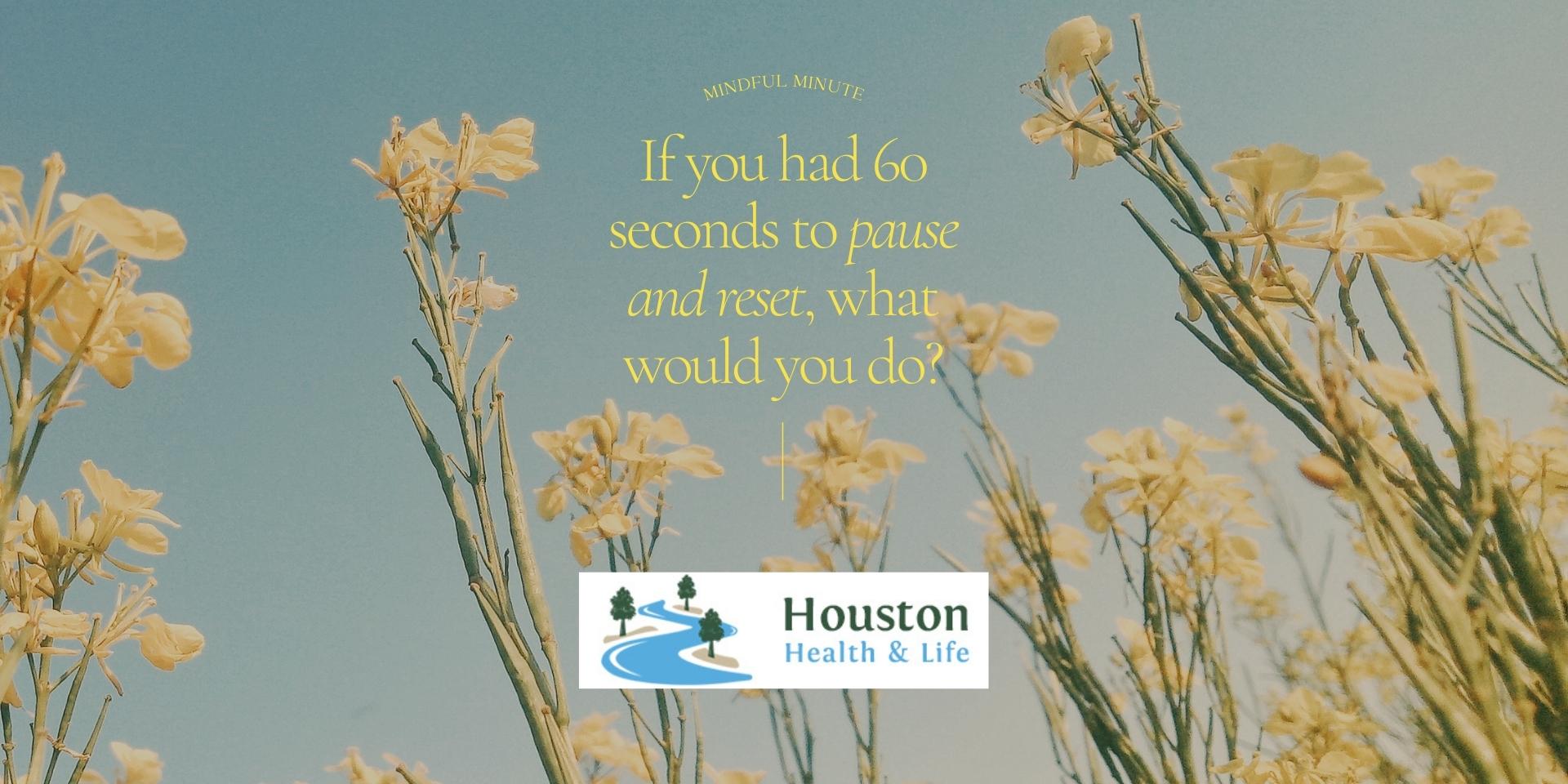Stress arrives– ready or not.
Someone cuts you off in traffic. You get butterflys in your stomach before a meeting. We encounter stress on a daily basis.
Then instead of ‘responding’ well to a tense situation, we ‘react’– and sometimes we don’t react well.
If we have quick ways to reduce stress when it arrives, we can avoid melt downs, and feel more like the person we want to be.
Micro-decisions
The difference between reacting and responding is key. Reacting can be instant. Your child starts talking to you while you’re on the phone. You might immediately ‘shush’ them. Responding would be to ask the person you’re on the phone with to “hold on for a moment.” You can patiently explain to your child that you’ll be with them later.
With reacting– which is natural– we can feel out of control. Responding means making a micro-decision to NOT react immediately. This gives you just enough ‘head space’ to choose among possible responses you might make. Responding can help you feel in control, because you get to choose.
“With a micro-decision, you’re giving yourself the opportunity to think about how you really want to react,” explains Ashley Karpinski, a psychotherapist.
If you can learning to respond instead of automatically reacting, you can manage stress, increase your emotional buffers, and stay focused on what is important.
Notice your body, straighten up
When you feel stressed, you may hunch your shoulders or tighten your jaw. Simply noticing that and consciously straightening up your posture can be a quick way to reduce stress.
You can also roll your shoulders back and forth. Sometimes I find I’ve been keeping my shoulders ‘up’ and hadn’t even noticed I was doing that. Being mindful of my body position helps. Tensing and relaxing jaw, shoulders, legs, hands– all that helps relieve stress I might not have even noticed I had.
You can do a quick posture check, even get up and walk around for a minute– several times per day.
Take a moment to reset
Once an hour (or so), get up and walk away from what you’re doing. Focus on something that makes you feel good. A favorite song or affirmation. Look at a picture of someone you love. Even just closing your eyes and staying quiet for a moment, can help. Breathe in. Breathe out. It is simple. A short “time out” like this is a quick way to reduce stress.
Breathe Deep
A few, slow & deep breaths can do an emotional reset for you. You’ll probably slow your heart rate and reduce muscle tension.
I like to count my breaths– in & out is one. Do it again, that’s two. Being mindful of your breath, of your body, is key to mindfulness of any variety.
Learn your stress triggers
One reason we can ‘react’ instead of ‘respond’ is that a stressful situation can appear suddenly. We weren’t ready for it.If you start to look for patterns in what causes you stress, you’ll probably find them.
The next time you get tense, feel what happens. Does your knee start bobbing up and down? Do your shoulders begin to rise & get hunched? Do you start to get impatient? Does your stomach begin to get upset?
Once you know what your pattern is, you can look for it, and try and move from ‘reacting’ to ‘responding’. While that is easy to say, it is not so easy to do. Stress can give you ‘tunnel vision’ and make it feel like your choices are too limited.
However, by practicing noticing how your body responds to stress, you can implement some of the other quick ways to reduce stress in this article.
Choose to feel differently
Everybody gets stressed. But you can think of a fact– hey that person cut me off in traffic– and choose to respond instead of react. For example, someone cuts you off in traffic, and your immediate reaction might be to wave the “social finger” at them. Or, you can learn to choose to respond differently. “That person is obviously stressed, I hope they don’t get into an accident. My day is going to continue just fine.”
Review your tool kit
Quick ways to reduce stress– on a daily basis– or whenever you need them–
- Make a micro-decision to not immediately react to something
- Notice your body & straighten up
- Take a moment to reset
- Breathe Deep
- Learn your stress triggers
- choose to feel differently
This article was adapted from a longer one here.
Act Now for Open Enrollment 2022
If you want health insurance starting February 1, 2022, you have to act now. Open Enrollment 2022 ends on January 15. You can read more about open enrollment 2022 here.
There are already 12 million Americans in these plans. You should join the club!
About Me
I help Texans get health insurance. I’m licensed by the state of Texas, and my services are at no cost or obligation to you.
You can read about me here: https://houstonhealthandlife.com/about-me/ —
You can schedule a call with (phone, zoom, in person) at: https://calendly.com/danieloconnell/discovery60min







